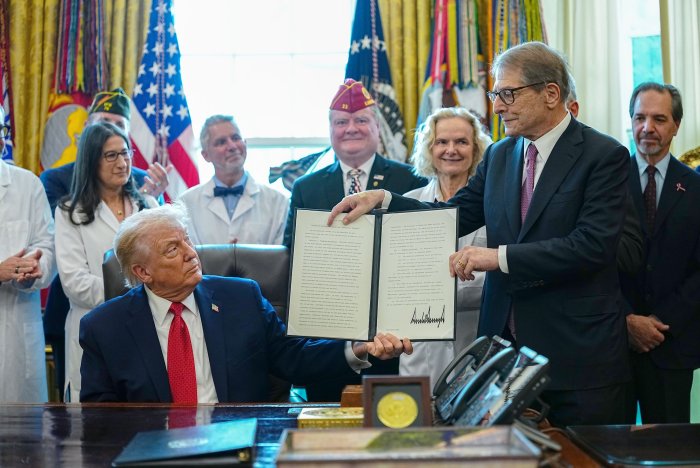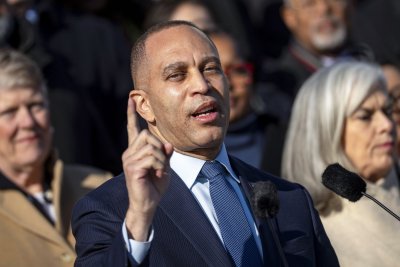Affordable Care Act subsidies expire, insurance premiums expected to skyrocket
With Congress failing to extend subsidies for health insurance bought through federal and state Affordable Care Act online exchanges, the roughly 24 million people who obtain coverage through the ACA are set to see their monthly premiums double. Screenshot via Healthcare.gov
Jan. 1 (UPI) — Insurance premiums are set to rise exponentially for Americans who have bought their health care policies through an Affordable Care Act exchange because Congress failed to extend subsidies for them.
Without the extension of the subsidies, people who have bought their health insurance through an ACA exchange will see their premiums increase by roughly 26% on average, with the increases expected to be higher in states that use the federal Healthcare.gov exchange while states that run their own exchanges may see lower increases, The Hill reported.
In 2025, about 24 million Americans bought health insurance through an ACA exchange, which are often referred to as Obamacare, which is the highest number of people who bought policies through the program since it debuted in 2010.
The government shutdown in the fall — which, at 43 days, was the longest in history — was centered around Democrats in the U.S. Senate pushing for an extension of enhanced ACA subsidies that were introduced during the COVID-19 pandemic to help Americans obtain insurance and care.
In recent weeks, bipartisan plans to extend the subsidies have emerged, including one in the Senate that calls for a three-year extension of the subsidies.
Among the Republicans who support the bipartisan bill are Missouri Sen. Josh Hawley, who has not specifically commented on extending the subsidies but has said that he is concerned about people whose health insurance costs may increase in the ongoing absence of Congressional action, Fox News reported.
“I think who it’s most disappointing for are the people whose premiums are going to go up by two, three times,” Hawley told reporters this week. “So, it’s not good.”
During the shutdown, Democrat members of Congress pushed for an extension — it was their stated reason for voting against several bills to fund the federal government, causing and extending the shutdown — which Senate Majority Leader John Thune, R-S.D., promised a vote on in mid-December.
Once the government reopened, the Senate voted on two health care related bills, one from Democrats and the other from Republicans, and both failed on party line votes.



